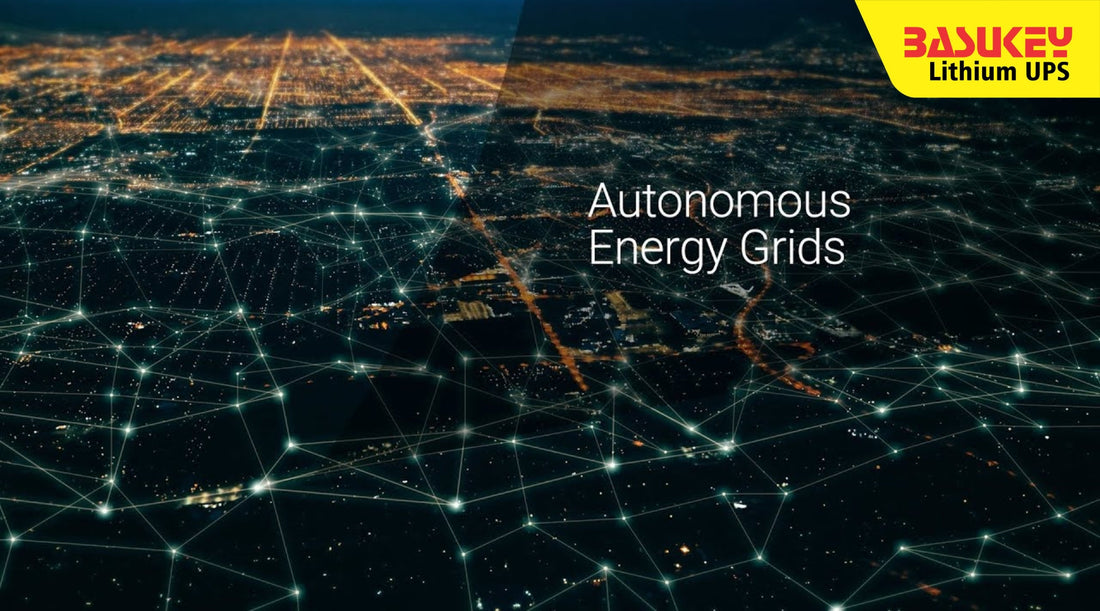
Distributed Energy Resources: Decentralizing the Power Grid
Share
As the demand for energy continues to rise, the traditional centralized power grid is facing challenges in meeting the needs of a growing population. This is where Distributed Energy Resources (DERs) come into play, offering a solution to decentralize the power grid and improve its efficiency.
What are Distributed Energy Resources?
Distributed Energy Resources refer to a variety of small, modular power generation technologies that can be located close to the end-users. These resources can include solar panels, wind turbines, fuel cells, and energy storage systems. By generating electricity locally, DERs reduce the need for long-distance transmission lines and can help alleviate strain on the centralized grid.
How do DERs Decentralize the Power Grid?
By integrating DERs into the grid, power generation becomes more distributed, allowing for a more resilient and flexible system. Instead of relying solely on large power plants located far away, DERs enable communities to generate their own electricity and even sell excess power back to the grid. This distributed approach can improve grid reliability, reduce transmission losses, and enhance overall energy security.
Benefits of Decentralizing the Power Grid
Decentralizing the power grid with Distributed Energy Resources offers a range of benefits, including:
- Increased energy efficiency
- Enhanced grid reliability
- Reduced greenhouse gas emissions
- Empowerment of local communities
- Integration of renewable energy sources
Challenges and Considerations
While DERs offer numerous advantages, their integration into the existing power grid is not without challenges. Issues such as grid stability, regulatory frameworks, and technical compatibility need to be addressed to ensure a smooth transition to a more decentralized system. Additionally, cybersecurity concerns and grid management complexities must be carefully managed to maximize the benefits of DERs.
The Future of Energy: Embracing Distributed Energy Resources
As the world transitions towards a more sustainable and resilient energy future, Distributed Energy Resources will play a crucial role in decentralizing the power grid. By harnessing the power of local generation and storage, communities can become more self-reliant and less dependent on centralized infrastructure. Embracing DERs is not just a trend but a necessary step towards a more efficient and sustainable energy system.
